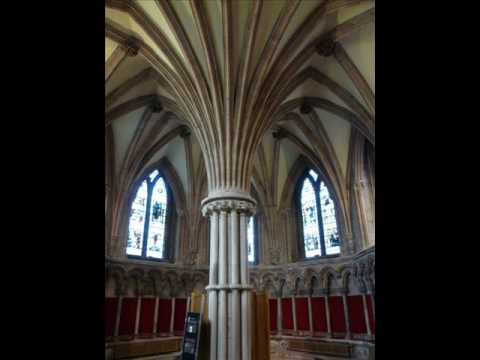If you asked me what was the second most unusual thing about Charles Wesley, the author of our Hymn of the Week, I’d say it was that he was the youngest in a family of 18 children. Great big families, I guess, are still to be found here and there. But who on earth now has written 6,500 hymns?
“Well,” you may answer, “quantity is one thing, and quality an…
Keep reading with a 7-day free trial
Subscribe to Word & Song by Anthony Esolen to keep reading this post and get 7 days of free access to the full post archives.


